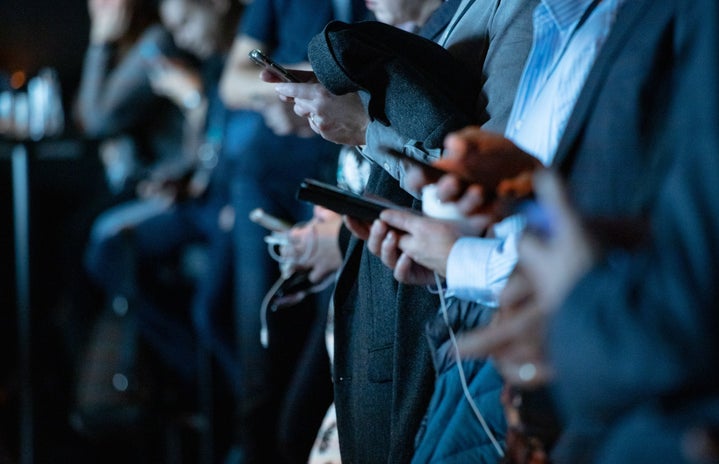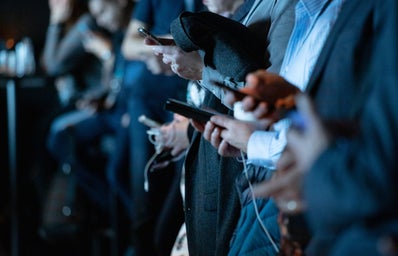In this age of immediacy, we are obsessed with getting things done as quickly as is humanly possible. We are intrigued with new devices and contraptions which do the work for us so that we can get on with another task.
Before washing machines were installed in peoples’ homes in the 50s, women (yes, what’s new?) spent the entire day or days even, to wash one round of clothes. Today, we throw clothes in without another thought. Microwaves heat our food up in mere minutes. If Google Maps tells us it takes 25 minutes to walk somewhere, we find ourselves wandering down to the nearest tube station without hesitation. We get frustrated when we are stuck in traffic. We complain when our food hasn’t arrived within 20 minutes.
Why? Because we can no longer afford to wait. We are impatient creatures.
Life moves at a much faster pace than it did 5 or 10 years ago. According to a McKinsey report, 61% of customers would not be willing to wait over 45 minutes for a food delivery. The demand for immediacy is only ever going to increase and customers are always going to look for a faster, more convenient option.
What does that mean for us?
Well, our attention spans are definitely a lot less shorter than that of our parents’ or our grandparents’. Since life is so fast-paced and so many things are going on at once, our brains are overloaded with information and messages and Instagram stories and emotions that it’s so hard to focus on stuff we actually need to get done like watching our lectures or doing our readings. Even with things like this, we find ourselves finding shortcuts like altering the lecture to 2x speed just so it takes us less time. Once we see that a reading is over 10 pages, we don’t even feel the urge to start it.
And so we end up in an endless loop of procrastination and distraction. The need to download apps like Forest on our devices just so we can force ourselves to be off our phones for one second shows how short our attention spans are and how easily distracted we can get.
So what can we do to improve our easily distracted selves? What habits should we start picking up to stop ourselves from constantly reaching for our phones without thinking?
I find what helps me from reaching for my phone an unhealthy amount of times is to keep it out of reach. Whether that be locking it in a cupboard in a different room or giving it to a flatmate to keep for an hour, as long as it’s out of sight, you will feel less inclined to go through the trouble of getting it. Also, not having it by our side means we are not aware of notifications popping up on our screens because us humans, being naturally curious, will direct our gaze to our phones, interrupting our train of thought from the task at hand.
I would say that having a reward system could prove to be beneficial. For example, after doing an hour of work or chores for example, give yourself a 20 or 30 minute break (time it!) and make it strict so you start associating phone use as a short break from productivity rather than the other way around.
A big congratulations to you if you made it this far without going on your phone!

